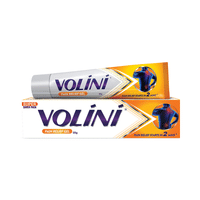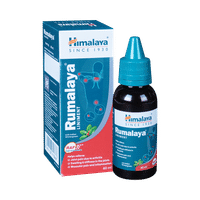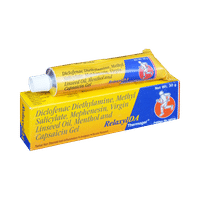Metacin Pead Suspension
Rs.34.55for 1 bottle(s) (60 ml Suspension each)
food interaction for Metacin Suspension
alcohol interaction for Metacin Suspension
pregnancy interaction for Metacin Suspension
lactation interaction for Metacin Suspension
food
alcohol
pregnancy
lactation
Metacin Pead Suspension is to be taken with food.
None
None
CAUTION
It is unsafe to consume alcohol with Metacin Pead Suspension.
UNSAFE
Metacin Pead Suspension may be unsafe to use during pregnancy. Although there are limited studies in humans, animal studies have shown harmful effects on the developing baby. Your doctor will weigh the benefits and any potential risks before prescribing it to you. Please consult your doctor.
CONSULT YOUR DOCTOR
Metacin Pead Suspension is safe to use during breastfeeding. Human studies suggest that the drug does not pass into the breastmilk in a significant amount and is not harmful to the baby.
SAFE IF PRESCRIBED
SALT INFORMATION FOR Metacin 150mg Suspension
Paracetamol(150mg)
Metacin suspension uses
{med_name} is used for pain relief and fever. It is used to relieve pain in conditions like headache, joint pain, muscle pain or dental pain.
How metacin suspension works
Metacin Pead Suspension is an analgesic (pain reliever) and anti-pyretic (fever reducer). It works by blocking the release of certain chemical messengers that cause pain and fever.
Common side effects of metacin suspension
Stomach pain, Nausea, Vomiting
SUBSTITUTES FOR Metacin Suspension
2 Substitutes
2 Substitutes
Sorted By
- Oromol A 150mg Suspension(60 ml Suspension in bottle)Embiotic Laboratories Pvt LtdRs. 0.67/ml of Suspension
 Rs. 40.17pay 16% more per ml of Suspension
Rs. 40.17pay 16% more per ml of Suspension - Oromol A 150mg Suspension(100 ml Suspension in bottle)Embiotic Laboratories Pvt LtdRs. 0.60/ml of Suspension
 Rs. 59.85pay 4% more per ml of Suspension
Rs. 59.85pay 4% more per ml of Suspension
Expert advice FOR Metacin Suspension
- Paracetamol should be taken with food or milk to prevent an upset stomach.
- Take it as per the dose and duration prescribed by your doctor. Long-term use may lead to serious complications such as stomach bleeding and kidney problems.
- Do not take indigestion remedies (antacids) within two hours of taking Paracetamol.
- Avoid consuming alcohol while taking this medicine as it can increase your risk of stomach problems.
- Inform your doctor if you have liver disease as your dose may need to be adjusted.
- The doctor may regularly monitor your kidney function, liver function, and levels of blood components if you are taking Paracetamol for long-term treatment.
Frequently asked questions FOR Metacin 150mg Suspension
Paracetamol
Q. What if I vomit after taking Metacin Pead Suspension?
If you vomit in less than 30 minutes after having a dose of Metacin Pead Suspension tablets or syrup, retake the same dose again. If you vomit after 30 minutes of a dose, you do not need to take another one until the next standard dose.
Q. When will I feel better after taking the Metacin Pead Suspension?
Usually, you will start feeling better after about half an hour of taking a Metacin Pead Suspension.
Q. How often can I take the Metacin Pead Suspension?
You should only take four doses of Metacin Pead Suspension in 24 hours. There should be a gap of at least 4 hours between two doses. Do not take Metacin Pead Suspension for more than 3 days without consulting a doctor first.






















